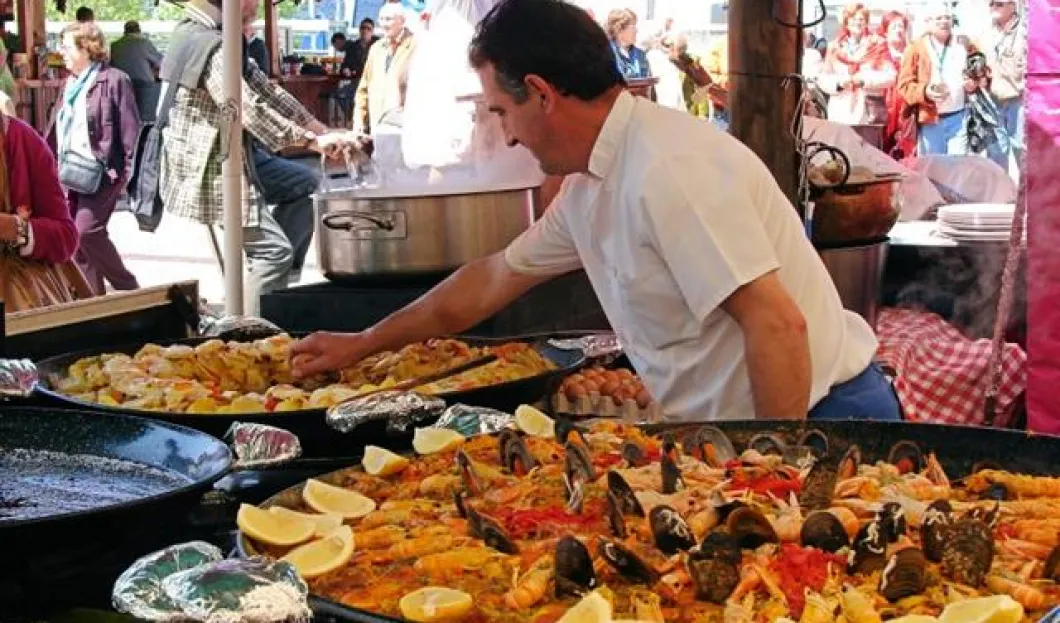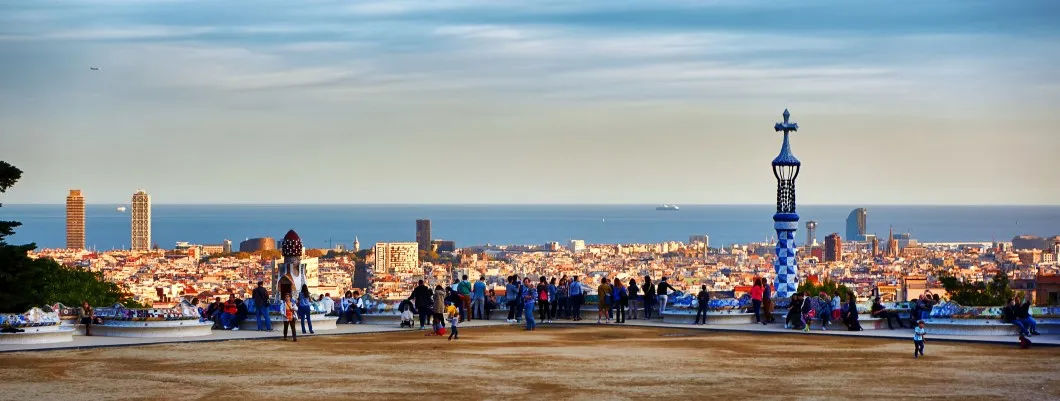
Tourism in Barcelona is an important source of income for many companies. What had been mere conjecture until now, has now been confirmed by an exhaustive study commissioned by the trade association “Barcelona Oberta” which correlates numbers with the economic impact of tourists' purchases in the city.
In the area of the Catalan capital, approximately one-third of all urban commerce owes around one-third of its total income to tourists. In the “paseo de Gràcia”, “plaza Catalunya”, “Portal de l’Àngel”, “Portaferrissa” and the streets of “Born” areas, 61% of all sales are made to tourists. On average, tourist purchases account for a little more than 18% of the entire revenue of Barcelona's commercial sector, according to the study carried out by the RBD Consulting Group.
As a direct result of the 33 million tourists who boost tourism in Barcelona annually, the city receives around 2000 million euros. By adding to this number the indirect, induced economic effect, this sum rises to 3880 million euros.
According to the study on the socio-economic impact of tourists' purchases, 19% of the businesses in the center of Barcelona would have to close downif it were not for their sales to tourists. This would result in the closure of 1200 shops. Quite a few others said that they were not sure, but suspected that they would also have to close up if they were to lose the visitors' business. Many of these business owners came to regard those visitors spending only a few days in the city as a remedy for the economy.
The study's Director, Roger Gaspa, stated that “shopping tourism in Barcelona was able to compensatefor the drop in purchases made by residents between the years 2010 and 2015, especially in terms of fashion and accessories”. While spending by residents of the metropolitan area of Barcelona dropped by 12% during those five years of economic crisis – which also witnessed the explosion of internet based commerce – the amount of money spent by tourists rose by 42.8%.

The analysis of the economic impact of tourist purchases shows that they have a direct impact on the employment of 26 000 people “who sustain themselves thanks to the sales made to tourists,” according to Gaspa. This represents three out of every ten jobs in Barcelona's commercial sector.
The President of “Barcelona Oberta”, Gabriel Jené, maintained that “tourist purchases should be used as a lever to shift towards the development in the city of new urban centers geared towards tourism in Barcelona and commerce”. In this regard, “la Diagonal” and “la Gran Via” were pointed out as being the two urban axes with the greatest potential. Their development would result in an increase in overall revenue by as much as 5% as well as leading to the development of 6000 new jobs in Barcelona.










